Fiber is a very important part of our diets and helps to prevent constipation and keep our guts healthy. Without fiber our food would not be able to move through the intestines and we would have many problems with our bowels and tummies. On the other hand if you have too much fiber and not enough water then things will start to get bunged up and you'll run into problems that way too. The key is to balance your diet for optimum health.
To promote the health benefits of fiber the nation decided that February should be National Fiber Month. For the entire month it is all about promoting fiber and how you can get the right balance in your diet without going overboard. If you're having a healthy diet full of fruits and vegetables, whole grains, and plenty of water then you should be having enough fiber to keep your gut healthy. However, if you're a fan of the junk food you might find that you do get tummy problems from time to time and these are things that you can do to prevent those issues in the future.
Take a look through this article to find the best foods to eat for fiber and how much you should be eating per day. You'll also find some great item (that I've tried and tested) to help combat constipation - if you've ever had bad constipation then you'll know how much these softeners mean to you.
Photo Credit: Catch A Rainbow, Allposters.


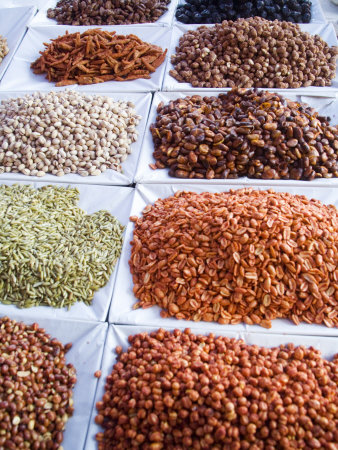
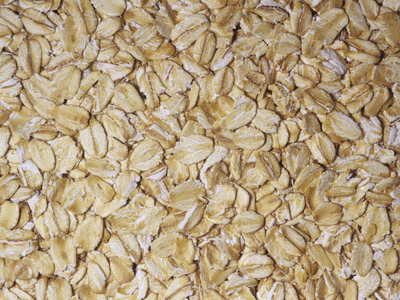


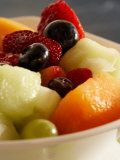
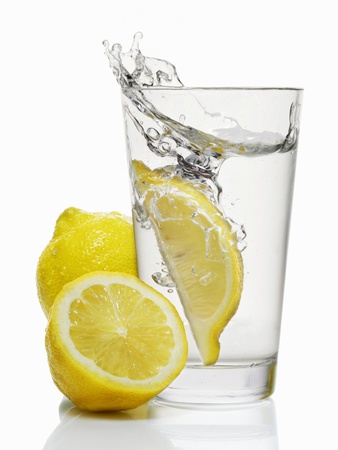
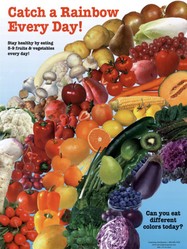

 What Is INRon 03/11/2017
What Is INRon 03/11/2017
 Learn How To Kniton 03/08/2017
Learn How To Kniton 03/08/2017
 What is Factor V Leiden Genetic Mutationon 08/05/2013
What is Factor V Leiden Genetic Mutationon 08/05/2013
 Bobski606's Wizzographyon 02/23/2013
Bobski606's Wizzographyon 02/23/2013



Comments